Intro
Discover the physical and emotional changes at 8 weeks pregnant, including symptoms like morning sickness, fatigue, and breast tenderness, as your embryo develops during early pregnancy.
At 8 weeks pregnant, many women are eager to know what to expect and how their body will change. This period is crucial in the development of the fetus, and the mother's body undergoes significant transformations to support the growth of the baby. Understanding the symptoms and changes that occur during this time can help expectant mothers prepare and navigate this exciting journey.
As the embryo develops, women may start to notice various physical and emotional changes. Morning sickness, fatigue, and mood swings are common symptoms experienced by many women during the 8th week of pregnancy. These symptoms can be uncomfortable, but they are a sign that the body is adjusting to the new life growing inside. The good news is that these symptoms are usually temporary and will subside as the pregnancy progresses.
The 8th week of pregnancy is a critical period for fetal development. The embryo's major organs and body systems are forming, and the heart is starting to pump blood. The fetus is also developing its limbs, fingers, and toes. Although the baby is still small, measuring around 1.6 inches in length, its growth is rapid, and significant changes occur every week. As the fetus develops, the mother's body undergoes various changes to support its growth, including hormonal fluctuations, breast tenderness, and food cravings.
Physical Changes During 8 Weeks Pregnancy
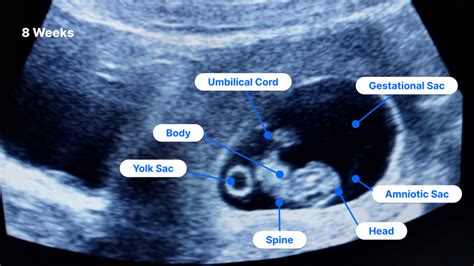
At 8 weeks pregnant, women may experience various physical changes, including breast tenderness, frequent urination, and mild cramping. These symptoms are caused by hormonal fluctuations and the expansion of the uterus. As the uterus grows, it can put pressure on the bladder, leading to more frequent trips to the bathroom. Mild cramping is also common as the uterus expands and contracts.
Some women may also experience food cravings or aversions during this time. These cravings can be intense and may be triggered by hormonal changes or the body's need for specific nutrients. While it's essential to indulge in cravings occasionally, it's crucial to maintain a balanced diet to ensure the baby's healthy development.
Hormonal Changes During 8 Weeks Pregnancy
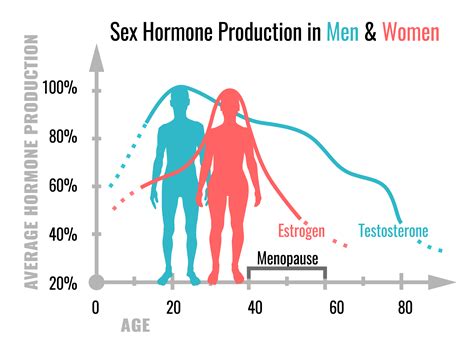
Hormonal changes play a significant role in the symptoms experienced during the 8th week of pregnancy. The hormone human chorionic gonadotropin (hCG) is produced by the placenta and helps maintain the pregnancy. hCG levels surge during the first trimester, causing symptoms like morning sickness, fatigue, and mood swings.
Other hormones, such as estrogen and progesterone, also contribute to the physical and emotional changes experienced during pregnancy. Estrogen helps develop the fetus's organs and body systems, while progesterone supports the growth of the uterus and prepares it for labor.
Emotional Changes During 8 Weeks Pregnancy
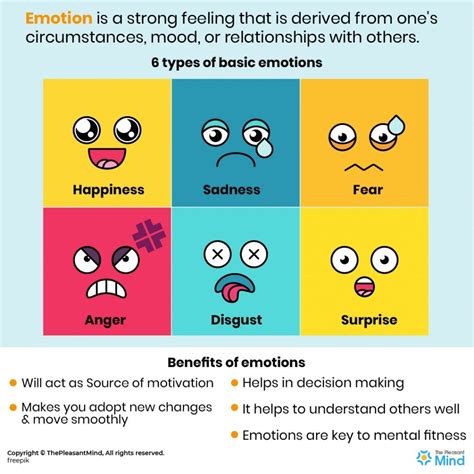
The 8th week of pregnancy can be an emotional rollercoaster for many women. Mood swings, anxiety, and excitement are common emotions experienced during this time. Hormonal fluctuations, fear of the unknown, and the pressure to prepare for motherhood can contribute to these emotional changes.
It's essential for expectant mothers to prioritize their mental health during this period. Engaging in relaxation techniques, such as meditation or deep breathing, can help manage stress and anxiety. Sharing feelings and concerns with a partner, family, or friends can also provide emotional support and help women cope with the challenges of pregnancy.
Fetal Development During 8 Weeks Pregnancy
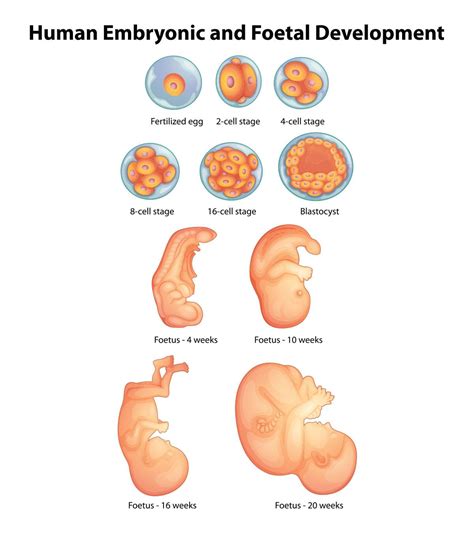
At 8 weeks pregnant, the fetus is undergoing rapid development. Its major organs, such as the heart, lungs, and liver, are forming and starting to function. The fetus's limbs, fingers, and toes are also developing, and its skin is starting to thicken.
The fetus's senses are also developing, and it can detect light and sound. Although the eyes are still fused shut, the fetus can detect light and darkness. The fetus's ears are also developing, and it can detect sounds outside the womb.
Pregnancy Symptoms Relief
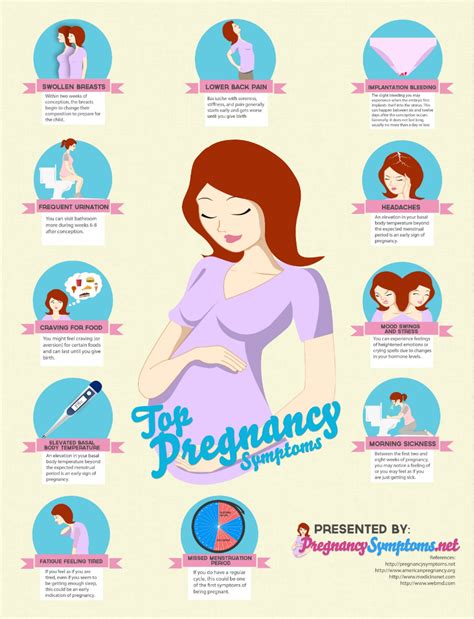
While the symptoms experienced during the 8th week of pregnancy can be uncomfortable, there are several ways to find relief. Staying hydrated, eating small frequent meals, and taking regular breaks can help manage morning sickness and fatigue.
Engaging in gentle exercises, such as yoga or walking, can also help alleviate symptoms like back pain and mood swings. Prioritizing sleep and maintaining a consistent sleep schedule can also help regulate hormones and reduce fatigue.
Pregnancy Diet and Nutrition
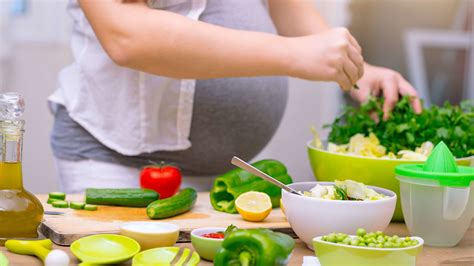
A healthy diet and nutrition are crucial during pregnancy to support the growth and development of the fetus. Expectant mothers should focus on consuming a balanced diet rich in essential nutrients like folic acid, iron, and calcium.
Foods rich in folic acid, such as leafy greens and citrus fruits, can help prevent birth defects. Iron-rich foods, like red meat and fortified cereals, can help prevent anemia. Calcium-rich foods, such as dairy products and fortified plant-based milk, can support the development of the fetus's bones and teeth.
Pregnancy Complications and Risks
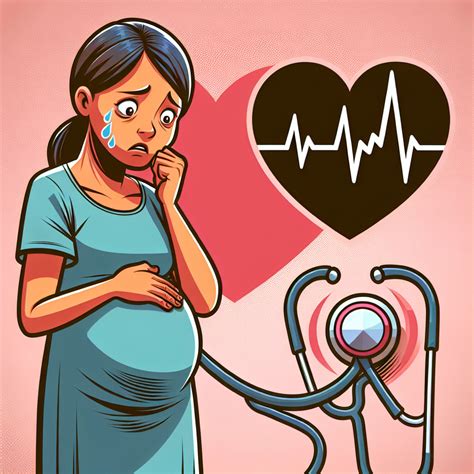
While most pregnancies are uncomplicated, there are risks and complications that can arise. Miscarriage, ectopic pregnancy, and gestational diabetes are some of the potential complications that can occur during the 8th week of pregnancy.
It's essential for expectant mothers to attend regular prenatal check-ups to monitor the health of the fetus and detect any potential complications early. Maintaining a healthy lifestyle, including a balanced diet and regular exercise, can also reduce the risk of complications and promote a healthy pregnancy.
Pregnancy and Mental Health
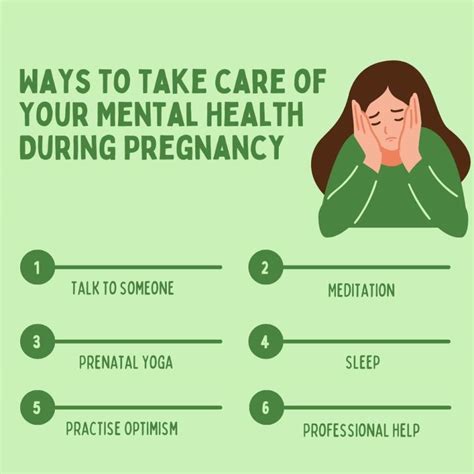
Pregnancy can be a stressful and overwhelming experience, and it's essential to prioritize mental health during this time. Expectant mothers should seek support from their partner, family, and friends to manage stress and anxiety.
Engaging in relaxation techniques, such as meditation or deep breathing, can also help reduce stress and promote a healthy mental state. If symptoms of anxiety or depression persist, expectant mothers should seek professional help from a mental health expert.
Preparing for Motherhood

As the pregnancy progresses, expectant mothers should start preparing for motherhood. This includes attending parenting classes, reading books on childcare, and preparing the home for the baby's arrival.
Building a support network of family and friends can also provide emotional support and help with childcare responsibilities. Prioritizing self-care and maintaining a healthy lifestyle can also help expectant mothers prepare for the challenges of motherhood.
Pregnancy and Relationships

Pregnancy can bring significant changes to relationships, and it's essential to maintain open communication with partners, family, and friends. Expectant mothers should share their feelings, concerns, and needs with their loved ones to build a strong support network.
Partners can also play an essential role in supporting expectant mothers during this time. Attending prenatal check-ups, helping with household chores, and providing emotional support can help reduce stress and promote a healthy pregnancy.
As we near the end of this article, we encourage you to take a moment to reflect on the incredible journey of pregnancy. From the physical and emotional changes to the preparation for motherhood, every aspect of pregnancy is a unique and life-changing experience. We invite you to share your thoughts, questions, and concerns in the comments below and to explore our resources for more information on pregnancy and parenting.
What are the most common symptoms experienced during the 8th week of pregnancy?
+Morning sickness, fatigue, and mood swings are common symptoms experienced by many women during the 8th week of pregnancy.
How can I manage morning sickness during the 8th week of pregnancy?
+Staying hydrated, eating small frequent meals, and taking regular breaks can help manage morning sickness.
What are the essential nutrients that I should include in my diet during the 8th week of pregnancy?
+Folic acid, iron, and calcium are essential nutrients that support the growth and development of the fetus.
